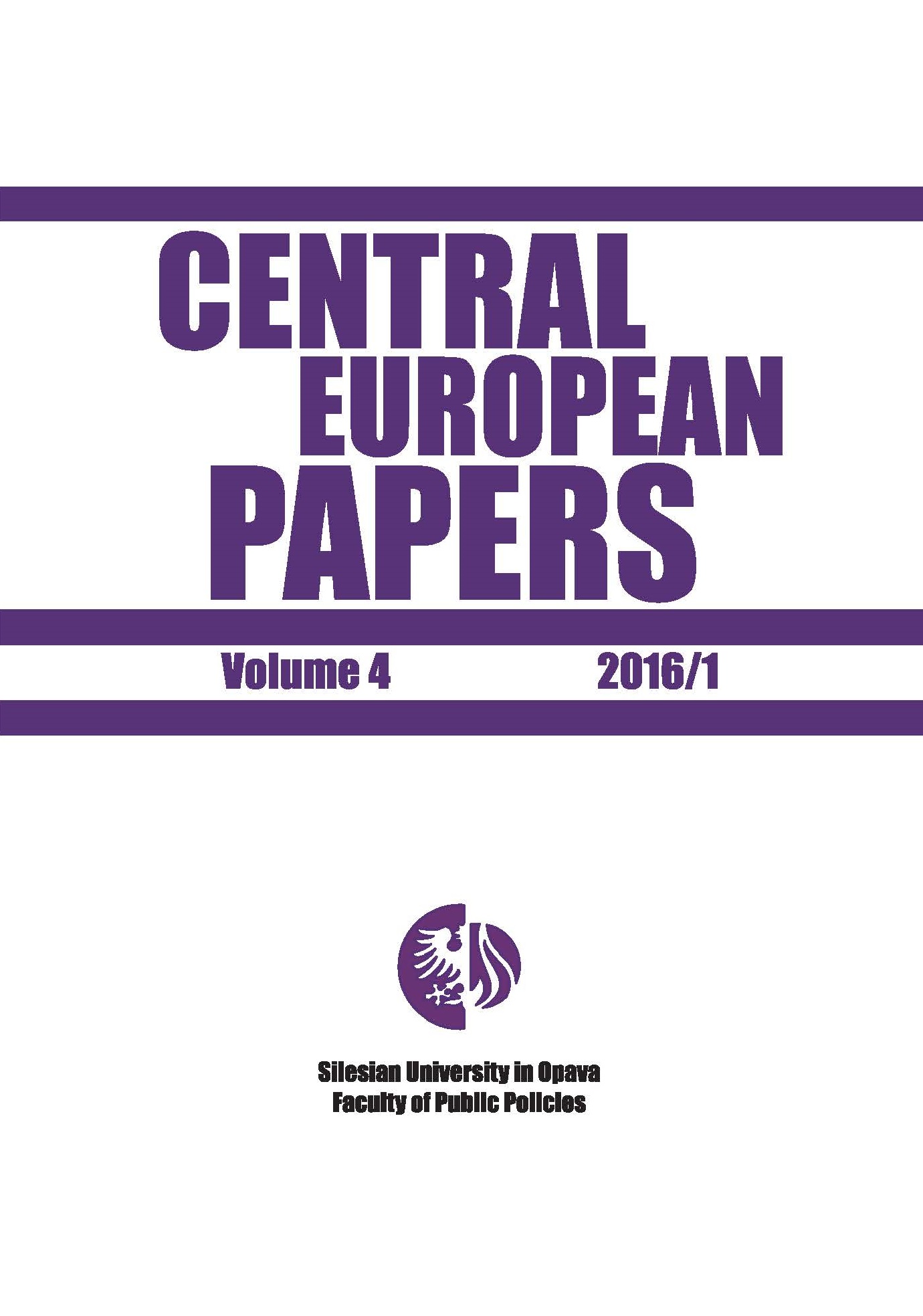The Influence of Ethnic Power Sharing Mechanisms on the Functioning of Parliaments in the Western Balkans
The Influence of Ethnic Power Sharing Mechanisms on the Functioning of Parliaments in the Western Balkans
Author(s): Zsolt SzabóSubject(s): Politics / Political Sciences
Published by: Slezská univerzita v Opavě, Fakulta veřejných politik
Keywords: Western Balkans; ethnic power-sharing; ethnic conflicts; parliamentary procedure
Summary/Abstract: The Western Balkans countries, yet differ in religious and ethnic background, their present-day constitutional setup – at least on paper - has plenty of similarities. Each of them has a parliamentary form of government, a proportional voting system, and a rather ceremonial head of state. Most of these countries have also a predominantly complex ethnic landscape. After the armed ethnic conflicts of the 1990s and 2000s, the region set out along constitutional consolidation. As a price of the peace, various ethnic-based power-sharing methods were introduced in the constitutional systems of the countries. However, this paper argues that any political regime based on such instruments – one that gives preference to the interests of certain ethnic groups – can only be built to the detriment of a democratic state. As a result of ethnic way of thinking, the political landscape is dominated by (mostly ethnic oriented) parties and effective decision-making procedures are often missing or neglected. Parliamentary activities are often held on a minimum scale, being based on obligatory tasks, a proactive manner (scrutiny, control of the government) is missing.
Journal: Central European Papers
- Issue Year: 4/2016
- Issue No: 1
- Page Range: 50-62
- Page Count: 13
- Language: English

